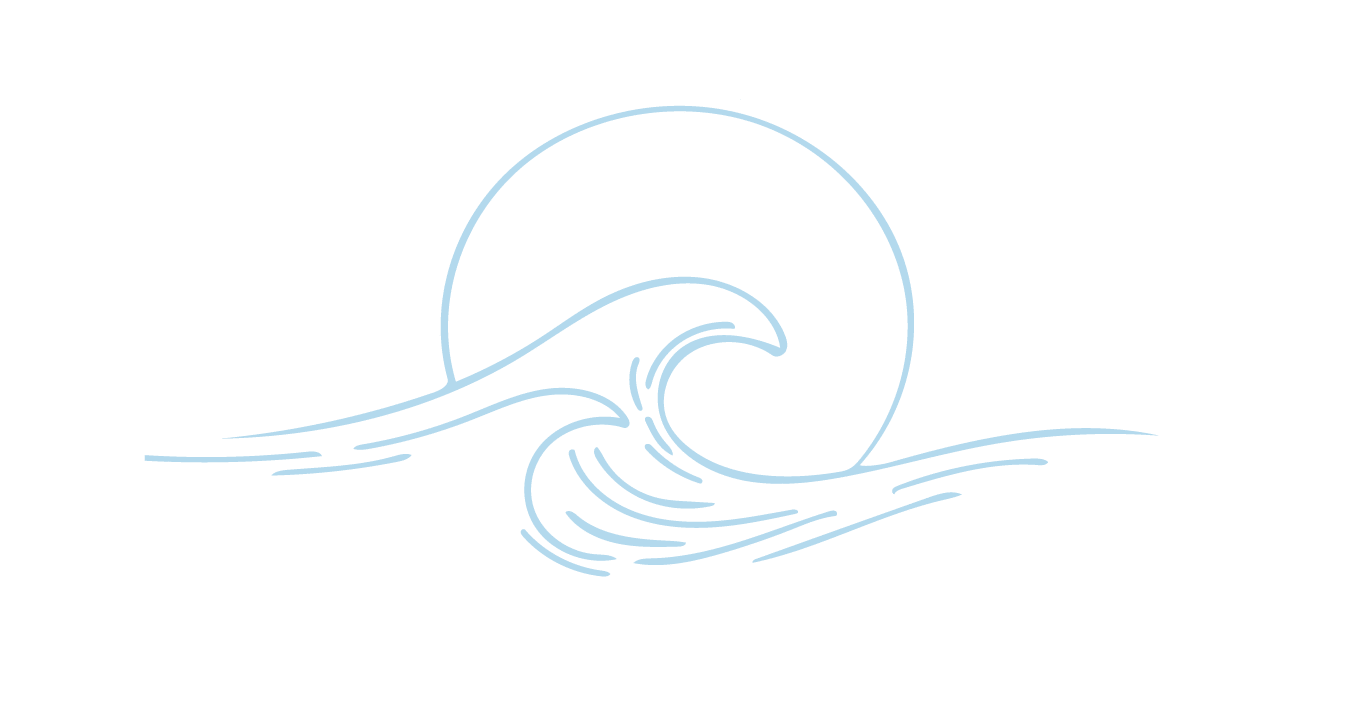If you or someone close to you is struggling with addiction and recovery, you might wonder: What causes relapse?
What Does it Mean to Relapse?
To relapse is to get clean and then go back and repeat your drug and alcohol addiction after the fact. Relapse is quite common, and usually, it’s a one-time mistake or a single lapse in judgment. Relapse can be a regular part of the recovery process, and it doesn’t mean that you have failed; it just means that you had a minor setback.
This leads to many other questions:
- Why do people relapse?
- What can cause relapse?
- Is relapse common?
Yes, relapse is common. In fact, it is more common among people who don’t complete a rehab program, try to quit drug and alcohol addiction cold turkey, or only use an outpatient program without any type of inpatient detox or residential program.
What Causes Relapse?
So, what causes someone to relapse? Many things.
Genetics
Genetics is one significant cause of relapse. Up to 86% of people relapse during their recovery because of a genetic predisposition to addiction. It’s hard enough to convince yourself to avoid things like drugs and alcohol when your mind tells you you should, but it’s even more complicated when your body tells you that you should.
A big part of the genetic factor is that if you make a mistake and have a minor relapse, if you are genetically predisposed to addiction, your genes mean that you might become addicted to a substance after just one or two relapses.
Undiagnosed Mental Illness
If you struggle with undiagnosed mental illness, it is very easy to relapse when symptoms of that mental illness come back. If you fail to get treatment for something like depression, you can get sober and graduate from an inpatient program, but as soon as you have a severe bout of depression, you might end up self-medicating all over again.
Unresolved Trauma
Similarly, if you have undiagnosed trauma from childhood or PTSD from something more recent, drugs and alcohol are a common way of self-medicating. So if that trauma doesn’t get dealt with, if you don’t recognize that it’s there and that it’s affecting you through things like individual therapy, then the symptoms of things like PTSD can also lead you back toward drugs and alcohol in a relapse.
How Do People Avoid Relapse?
So how do people avoid a relapse? Can it be avoided at all?
The Right Therapy
Yes, you can take steps to help avoid a relapse, and it starts with finding the right therapy. The right therapy for you will be different from the right therapy for someone else. Suppose you have anger management problems and the only way you can quell your anger is with excessive binge drinking. In that case, anger management skills might be a very important part of your therapy whereas, for someone else who has trouble at home, family therapy might be more important.
Treating the Mind and Body
Treating the mind and body is imperative. Many people relapse because they didn’t get comprehensive care that targeted underlying contributing factors to drug and alcohol addiction. Someone who is struggling with undiagnosed depression, bipolar disorder, or anxiety will still have the symptoms of their undiagnosed mental health problem long after they graduate from any type of recovery program.
So, if a person successfully completes rehab and drug detox, when they go back to their everyday life, and those symptoms creep in, that person will turn to self-medication in the only way they know how: drugs and alcohol.
You can actively work to avoid relapse if you have treatment that focuses on the mind and the body. Things like CBT have been shown to help with relapse prevention in people struggling with depression.
Having Hobbies and Support Systems
Having hobbies and a support system is very important to relapse prevention. If you grew up in a town full of people who abused drugs and alcohol, you might not know what other sober activities or hobbies you can develop. You might not have friends who don’t also use drugs and alcohol.
Recovery can feel incredibly lonely and lead to a lot of isolation. If you don’t have a means of making other friends or socializing with other people, you won’t have people you can call when something triggers you or your cravings are incredibly high, and you don’t know what to do.
Having hobbies and support systems can go a long way toward maintaining your sobriety. Good relapse prevention programs from reputable rehab centers will incorporate access to local chapters of NA and AA as well as community groups that you can join.
Knowing the answer to questions like what causes relapse makes it easier to appreciate the importance of avoiding relapse and finding a good recovery program.
How to Find Relapse Prevention Programs in Southern California
If you want to know what causes relapse, precisely your situation, we can help. Our team works with you to better understand your history, your mental and physical health, previous attempts at recovery, and any previous history of relapse, all so that we can create a customized program for you.
At Ocean Coast, we treat the mind and body as one, helping you to avoid relapse by identifying the common causes in your situation, developing ongoing care or outpatient programs that include the proper treatment, and working with you to adjust your program throughout your recovery.
Ocean Coast Recovery is a rehab center in Southern California, providing detox and inpatient treatment in Huntington Beach. Contact us today to learn more about possible treatment options in Huntington Beach.





